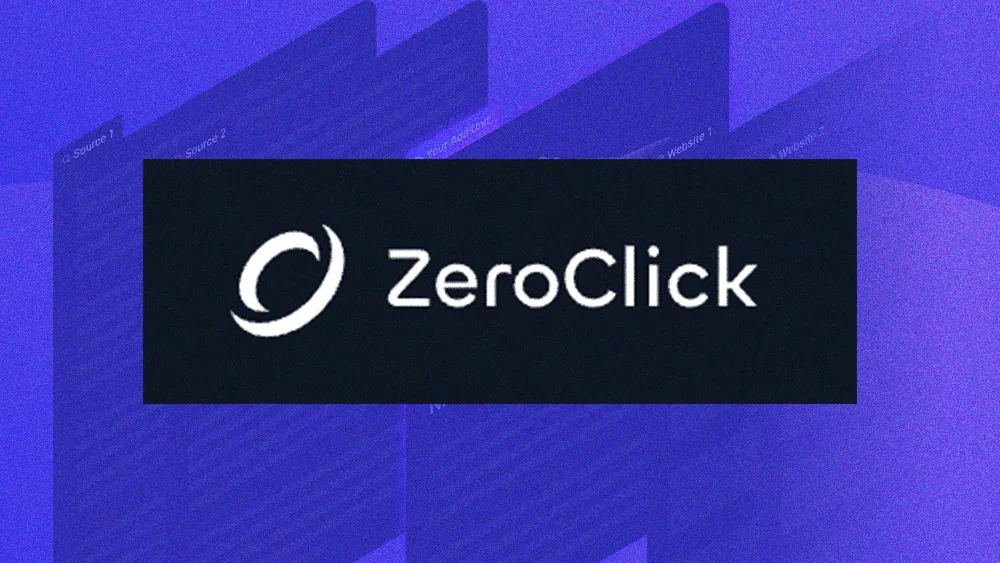


Ryan Hudson, founder of Honey, launches ZeroClick with $55 million to create an ad network for AI assistants.
ZeroClick's "reasoning-time ad network" allows advertisers to integrate content into AI responses, serving 10,000 advertisers.
The rise of AI-powered search threatens traditional web economics, opening new monetization opportunities.
ZeroClick faces competition from rivals like Kontext, which recently raised $10 million for similar AI advertising solutions.
Ryan Hudson, founder of the $4B coupon extension Honey, has launched ZeroClick, a new company that raised $55 million to build an ad network that inserts "promoted context" directly into the answers of AI assistants. To accelerate its mission, the company also acquired Sleek, a YC-backed platform for AI-powered shopping tools.
An ad for your thoughts: ZeroClick’s model, which it calls a “reasoning-time ad network,” allows advertisers to have their content considered by an AI while it forms a response, rather than placing a banner ad next to the result. The company claims it already serves 10,000 advertisers.
Reading the tea leaves: The launch comes as the rise of "zero-click" search threatens to upend the economics of the web, a trend accelerated by features like Google's AI Overviews. As AI assistants answer queries directly, they reduce the traffic that publishers rely on for revenue, creating an opening for new monetization models.
Hitting the ground running: The funding round was led by the same investor group that backed Honey, signaling strong confidence in the venture. But Hudson enters a competitive field, with rivals like Kontext recently raising $10 million to tackle the same problem.
ZeroClick is in a race to set the standard for AI advertising before the major platform players can build their own closed-off systems. Meanwhile, the shift to AI-powered search is already having a drastic impact on independent publishers, with some reporting traffic drops as high as 90%. Meanwhile, the AI advertising ecosystem is developing with or without official permission, as brands have already started placing ads in ChatGPT sessions via third-party browser extensions.